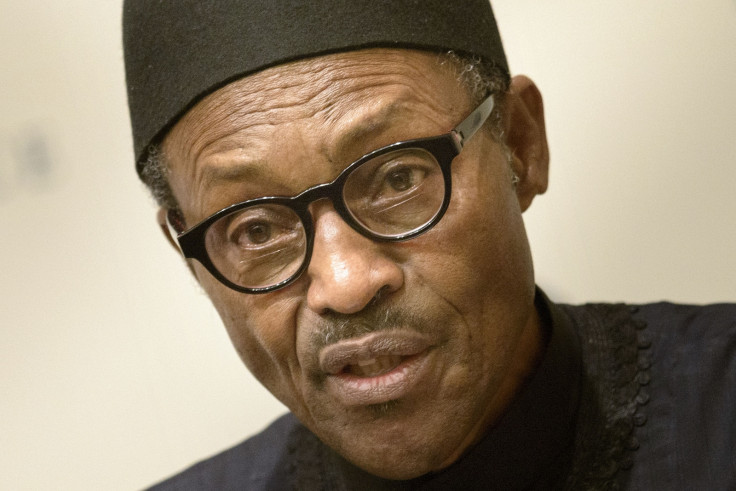Nigeria government recovers £9.1 billion of stolen money in corruption crackdown
Nigeria's government has recovered $1.9bn (£1.31bn) in stolen money and assets, the country's Information and Culture Minister said on 4 June. President Muhammadu Buhari has made a crackdown on corruption his top priority since entering government in 2015.
Buhari won the election largely based on his promises to recover "mind-boggling" sums of money that had been stolen from the country's oil sector. The recent update from his government has estimated that a total of $9.1bn was recovered between 29 May 2015 and 25 May 2016.
Special Adviser to the country's Information Minister, Segun Adeyemi, told Reuters: "All these are monies recovered from individuals and entities who had either hidden, stolen, diverted or were in possession of monies belonging to the nation."
Individuals from whom the money was recovered will not be named by the Nigerian government due to legal reasons, however, the minister noted that some of the money had come after companies that had failed to pay taxes were forced to do so. In August 2015, President Buhari ordered government ministers to use only bank accounts approved by the government to make payments.
Nigeria is facing its worst economic crisis in years, caused by the sharp decline in global oil prices. This has made the need to recover lost money more urgent, with crude sales in the country accounting for 70% of the national income.
Adeyemi said: "These recovered funds includes monies withheld by past government officials, monies kept in private accounts, monies diverted to private pockets and monies in possession of government officials not disclosed after leaving government."
The Nigerian government now hopes to implement plans to recover $321m from Nigerians in Switzerland, Britain, US and the United Arab Emirates, as well as their assets held in those countries. In May President Buhari urged the United Nations to speed up the process of recovering stolen money that is being held abroad, describing the process as becoming "tedious".

© Copyright IBTimes 2025. All rights reserved.





















